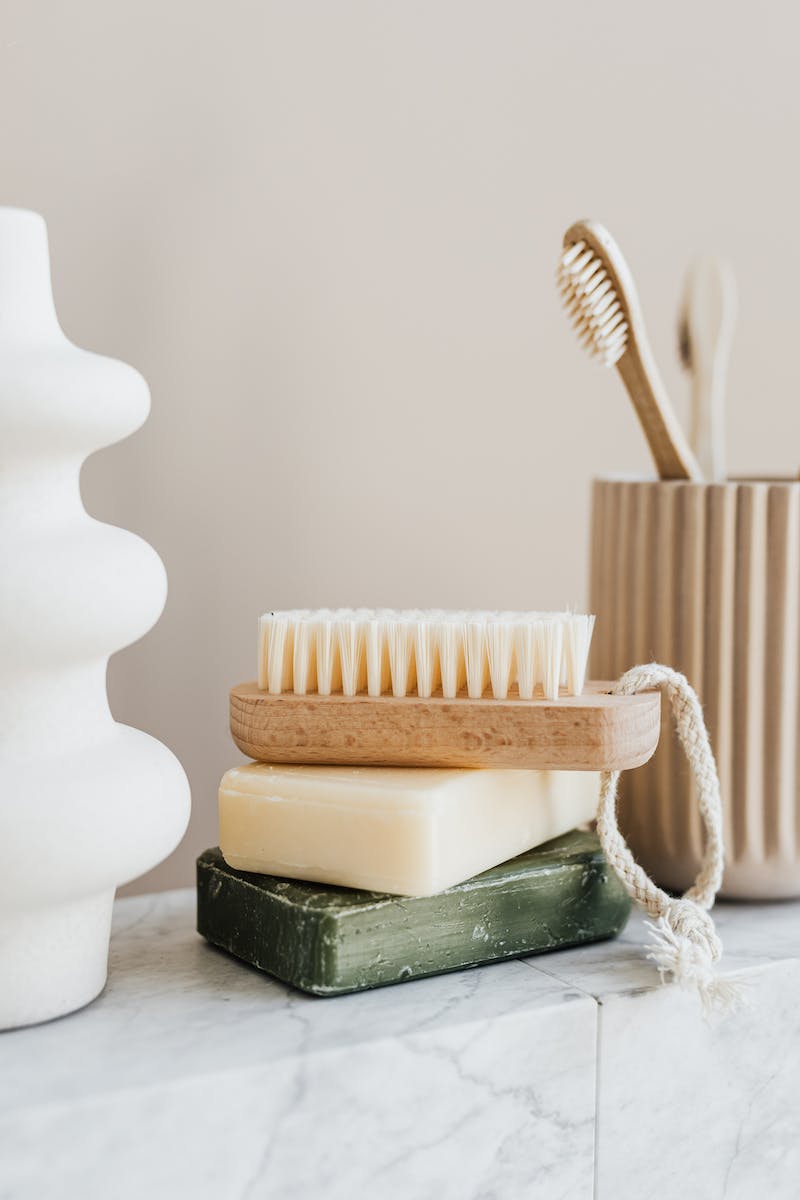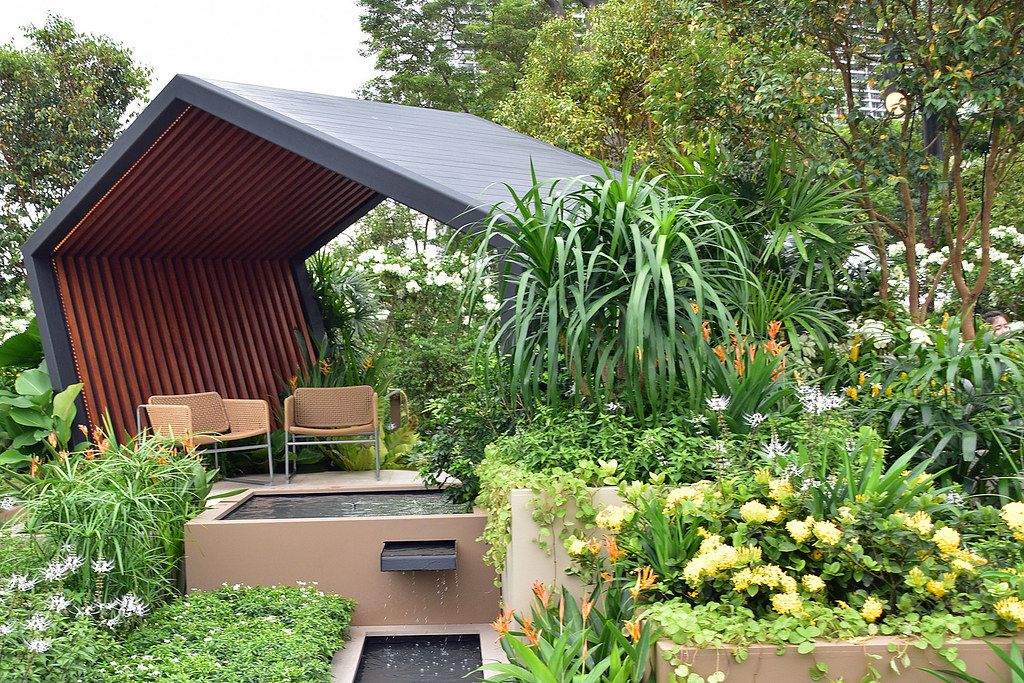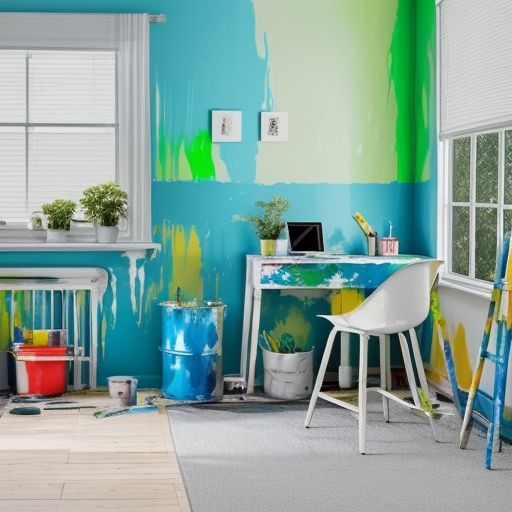Advertisement
Ways You Can Start Growing Your Own Food
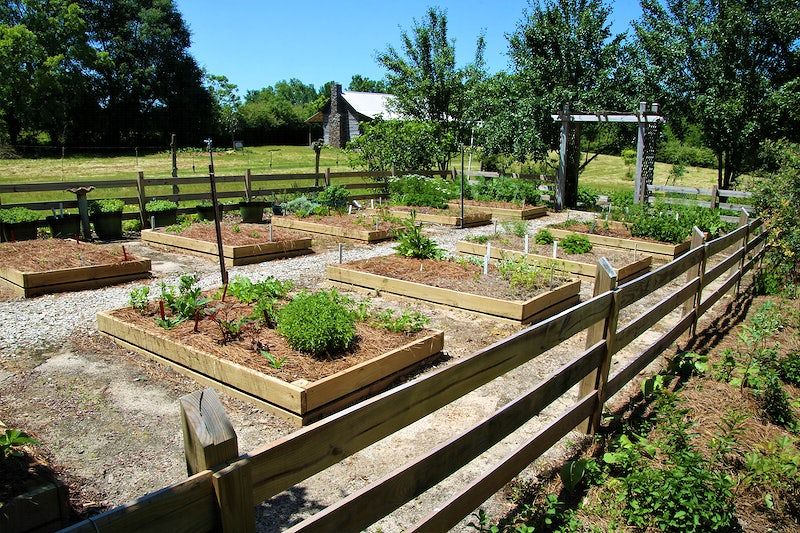
Growing your own fruits and vegetables is a rewarding experience that can give you fresh, nutritious produce throughout the year. Growing your own also eliminates food waste as you can quickly harvest only what you need when you need it. Starting your own garden doesn’t require a lot of space or resources. Here are some easy DIY tips to get you started on growing your own fruits and vegetables.
One of the first steps to take when starting a garden is deciding what types of plants you would like to grow. Consider both annuals and perennials when making this decision, as some plants may only last one season while others could provide years of growth and bounty. Do some research on the types of plants that do well in your area, local extension offices can be an invaluable source of information here. When selecting specific varieties, larger seeds such as beans are easier to handle than small ones such as carrots or tomatoes; however, if starting from seed be aware there is still a learning curve with each type.
Once you have chosen what plants you would like to grow, it’s time for soil preparation. It is important the soil has adequate drainage and fertility for optimal plant growth. You can improve drainage by adding organic matter such as compost or manure into the top 12 inches of soil prior to planting; consider having your soil tested at a local extension office for other nutrients it may need before planting too.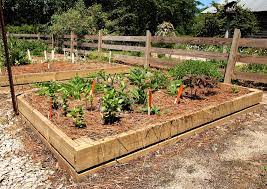
Now its time to start planting! It’s best to start with young seedlings or transplants rather than direct sowing if possible as this will help get them established quickly so they are ready for harvesting sooner. Water daily or every other day depending on the climate until they become established then water about once per week deeply enough so that moisture reaches the roots several inches deep; mulching around plants also helps retain moisture in between watering sessions.
Finally, pest control is an important part of keeping your garden healthy and productive; avoid using harsh chemical sprays if possible, instead opt for natural alternatives such as companion planting with repellent herbs or encouraging beneficial insects into the area by providing them with food sources such as flowers rich in nectar and pollen. If needed, use natural insecticides derived from essential oils instead of harsher chemicals which could damage plants and nearby ecosystems alike.
Growing your own fruits and vegetables doesn’t have to be complicated nor does it require vast amounts of land or resources — all it takes is dedication, patience and knowledge! With these simple DIY tips you’ll be on track towards having success in no time at all!




